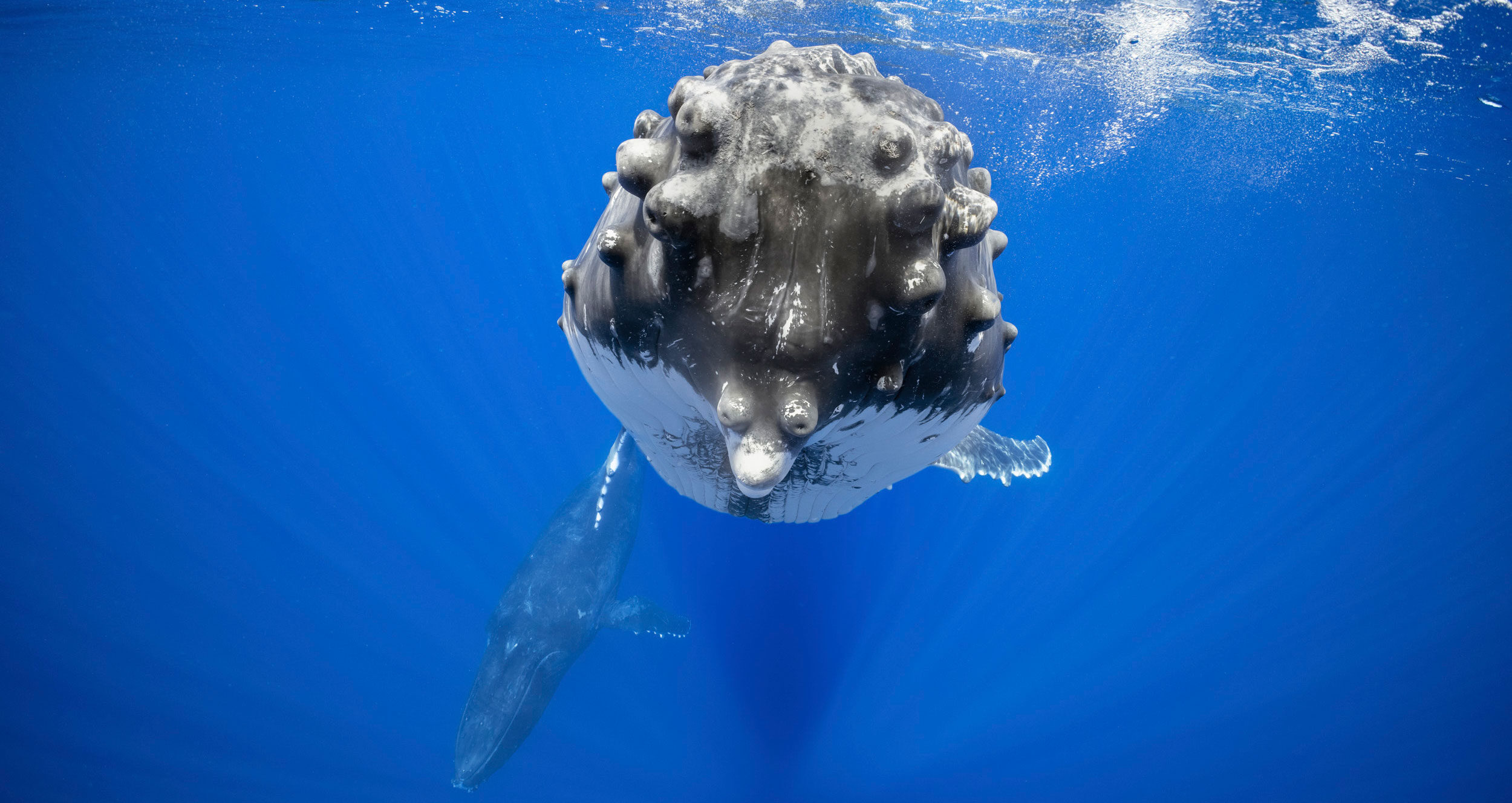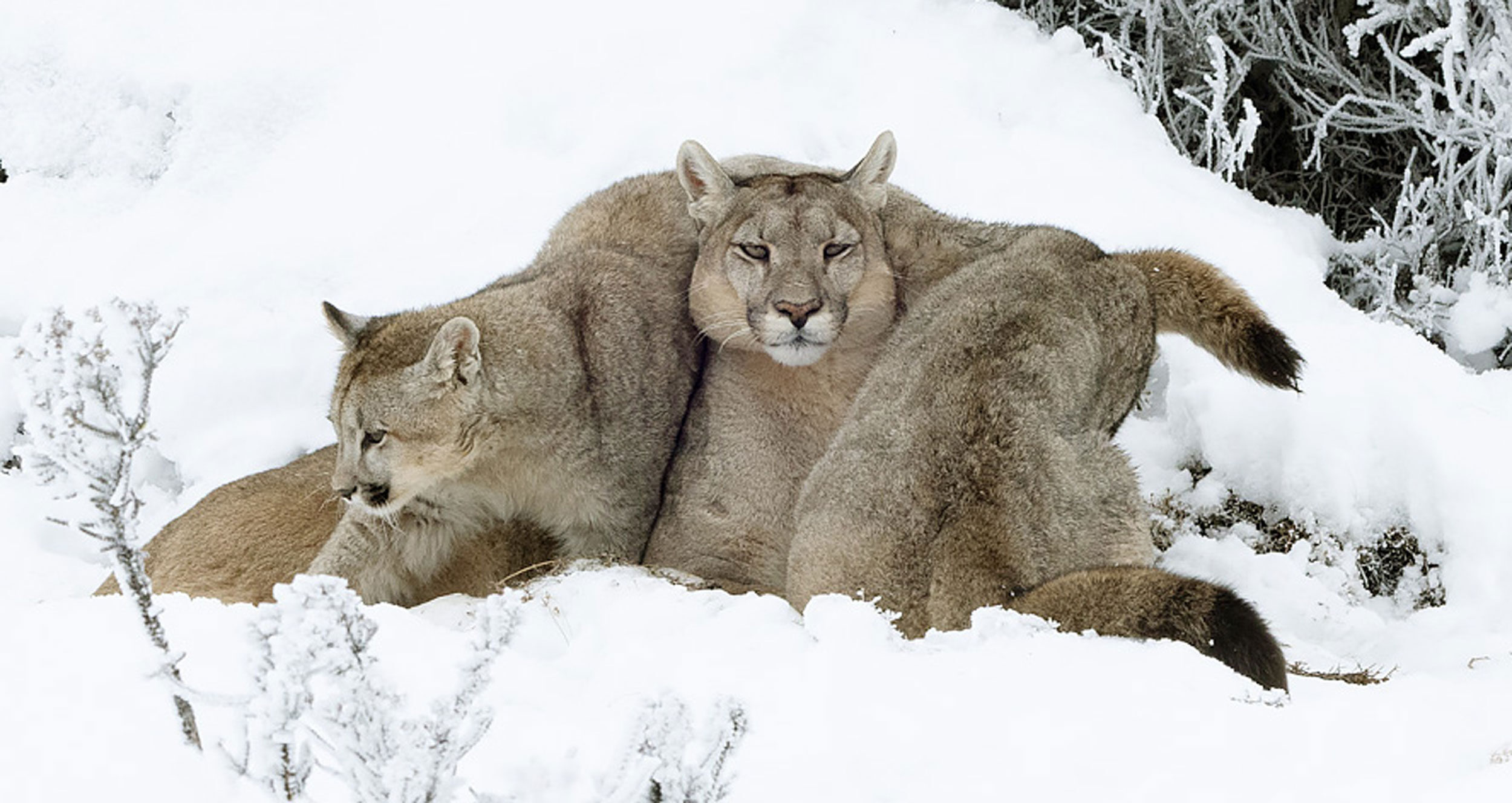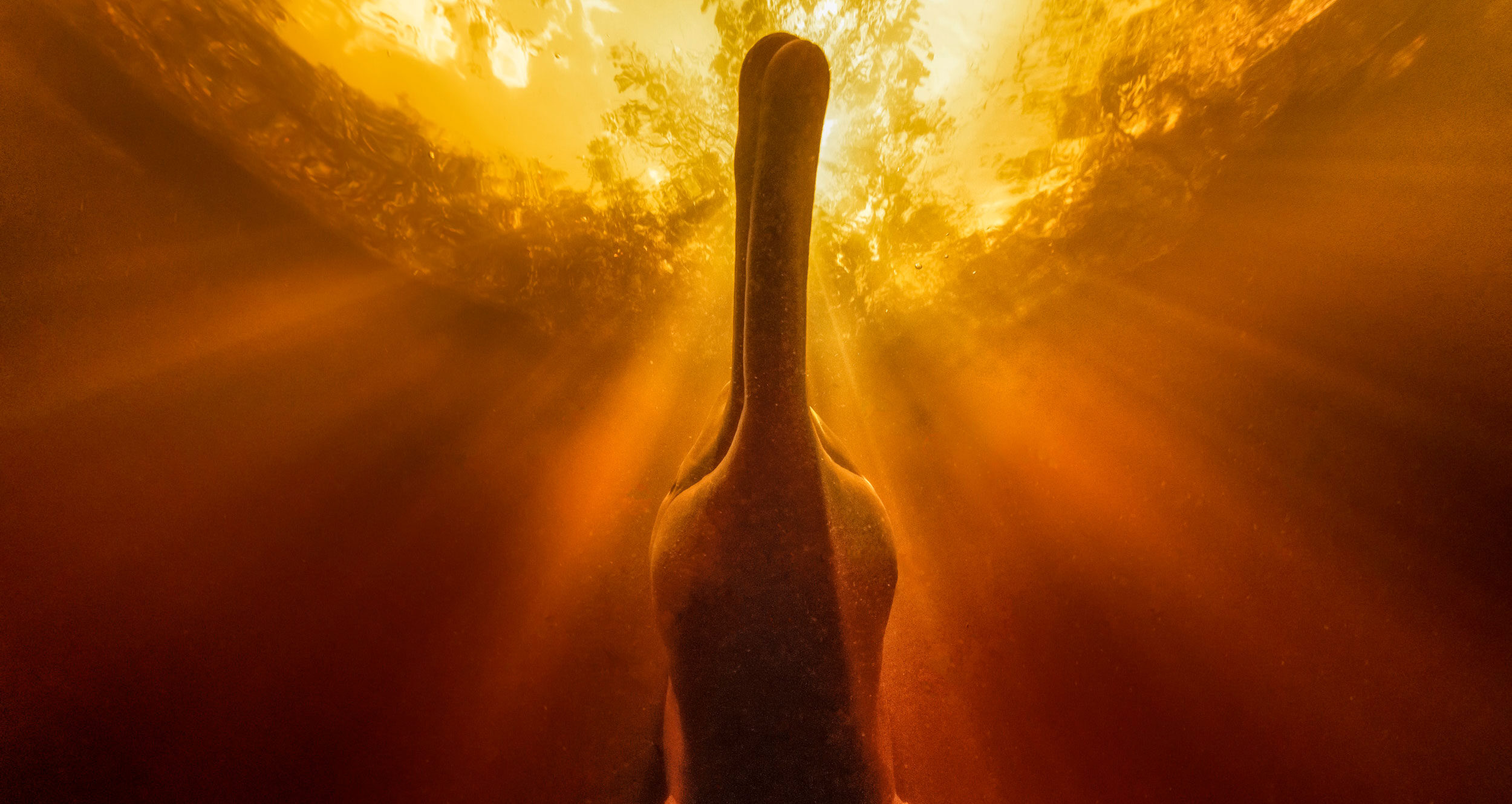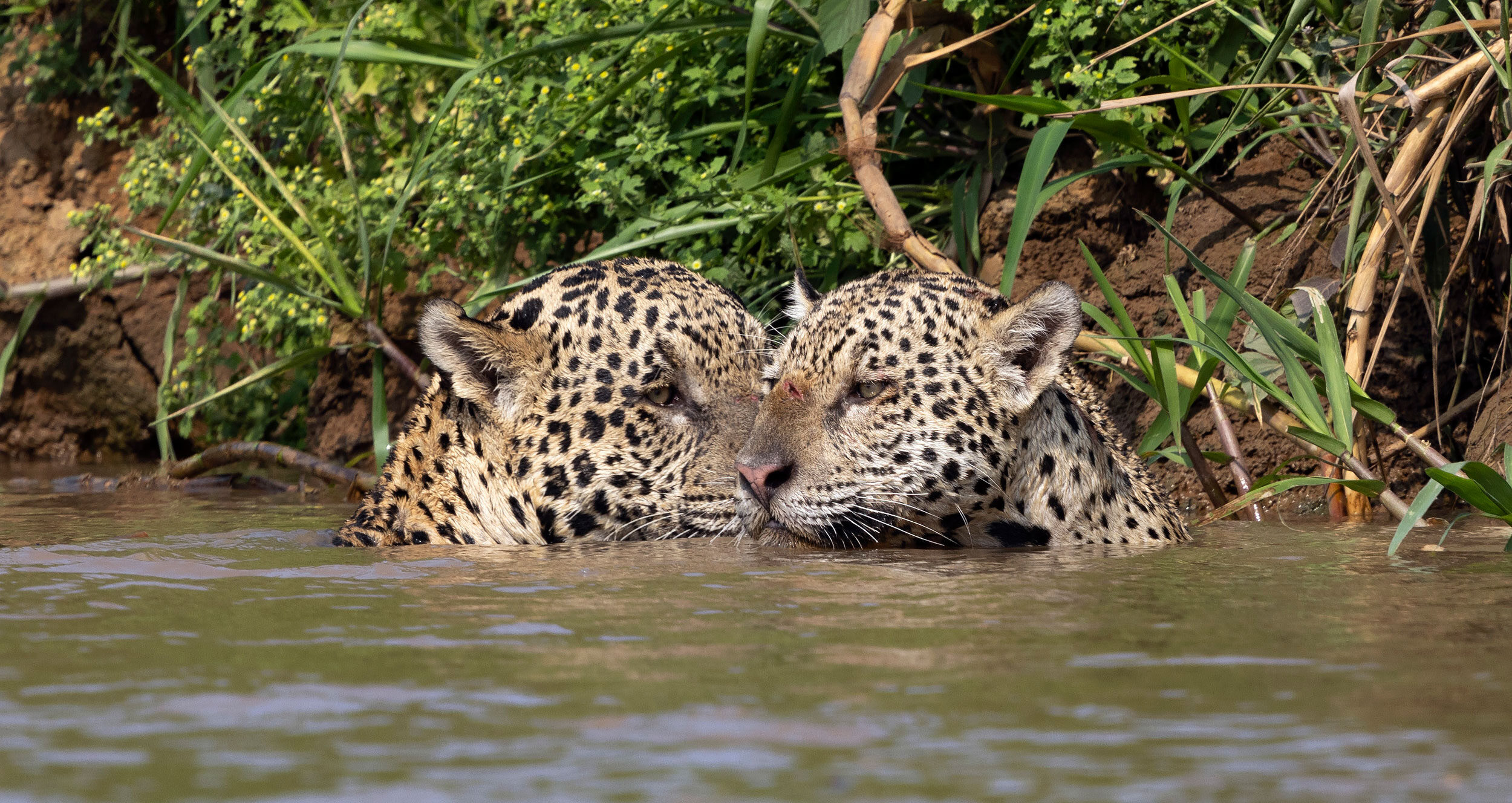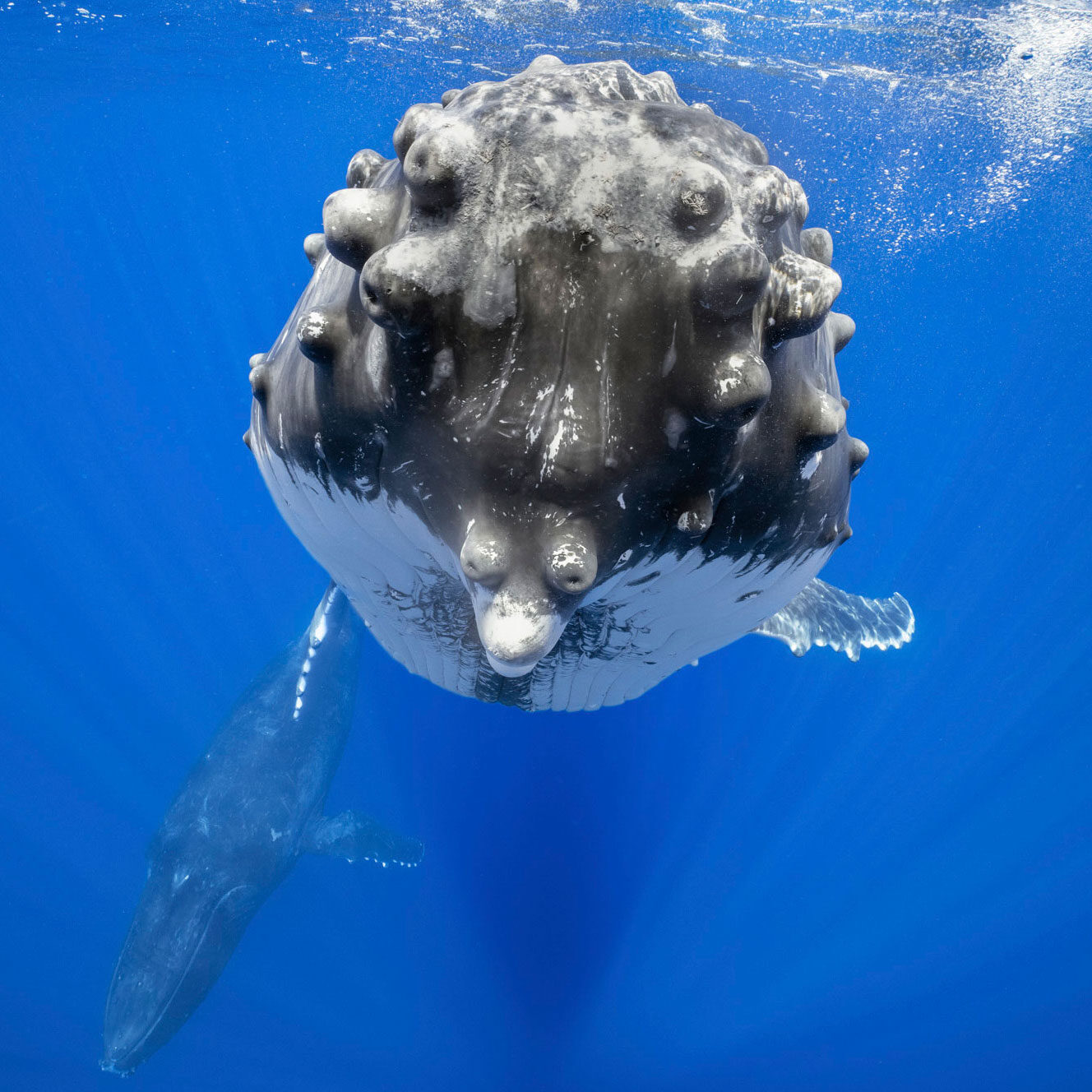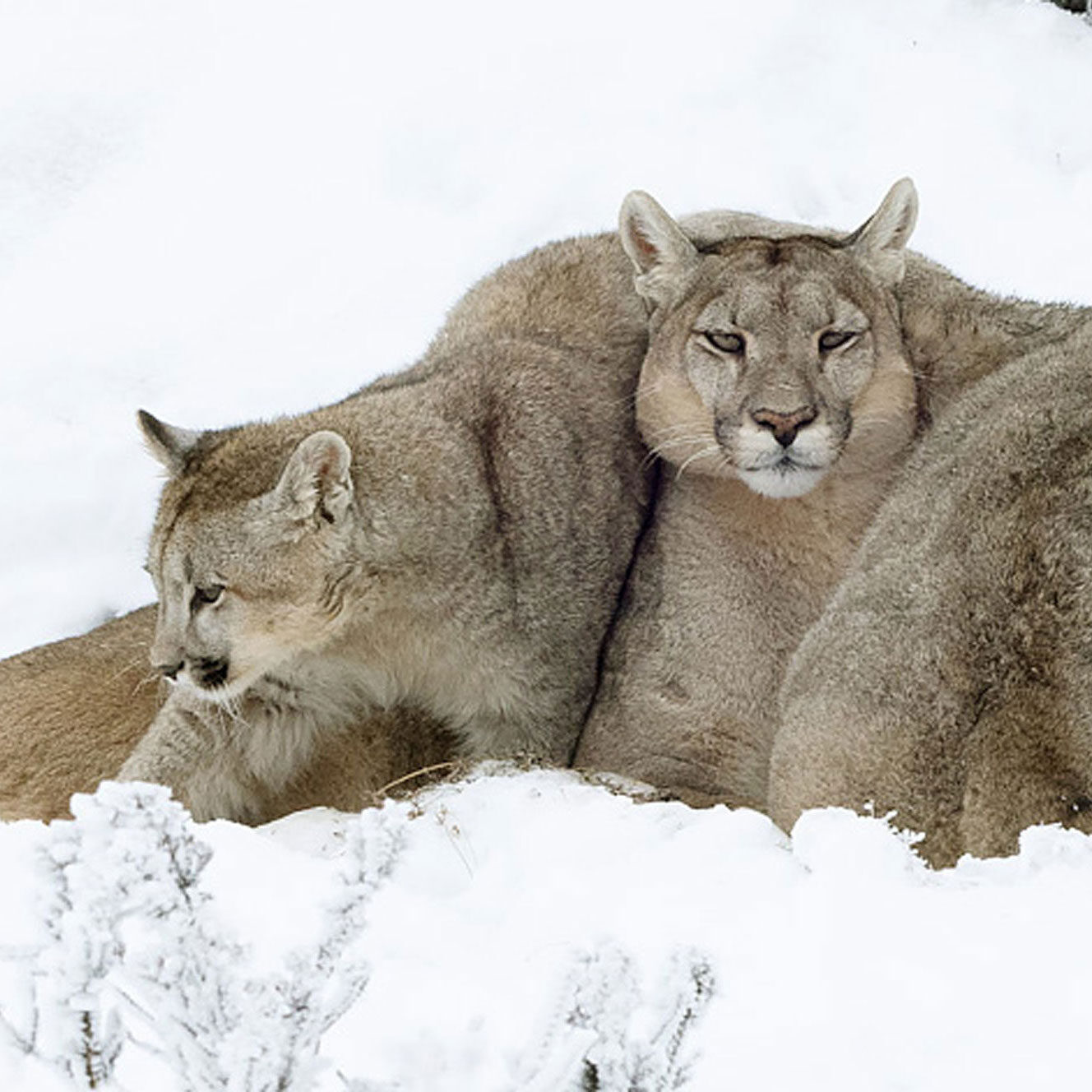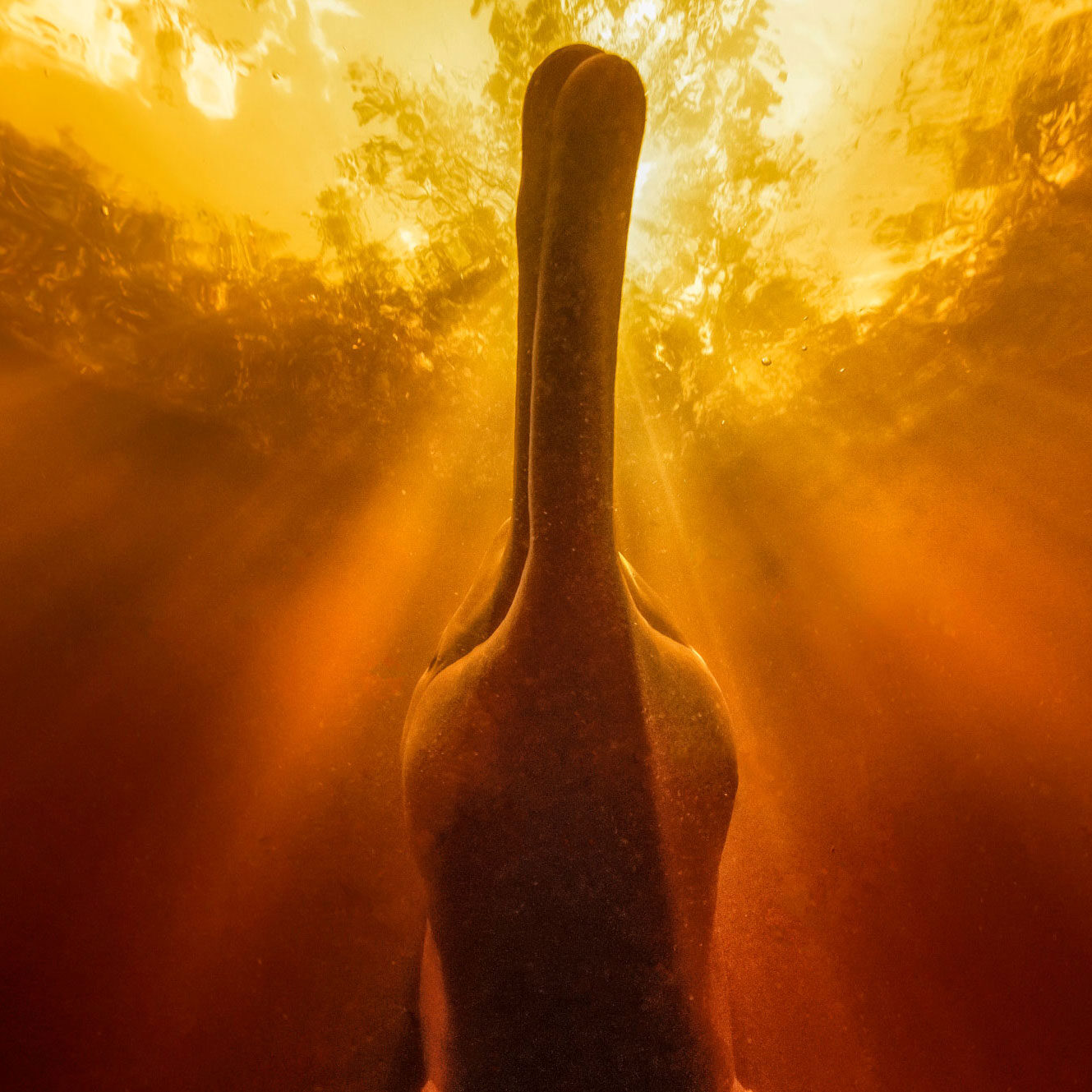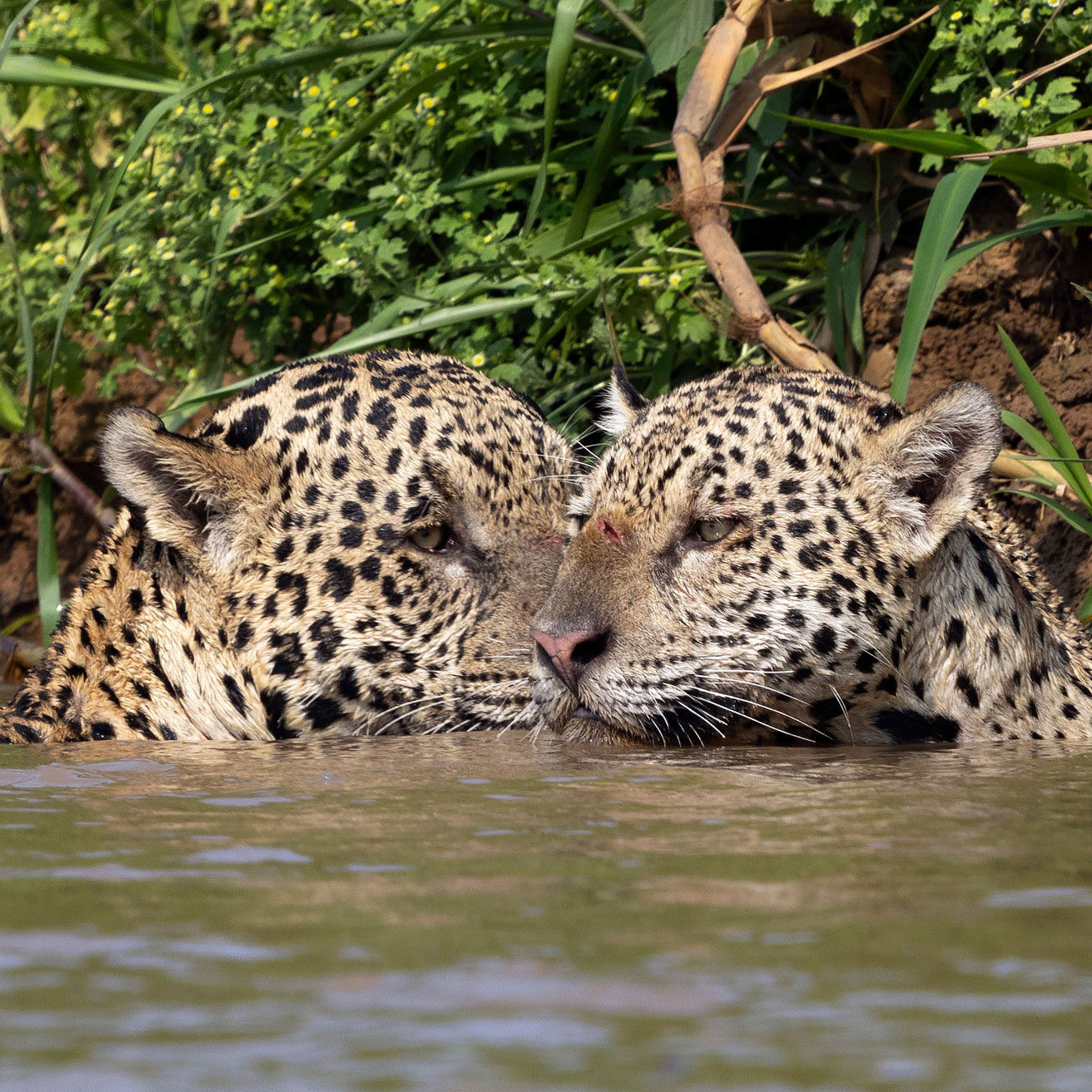Coming Soon
The new FON website is currently under development. In the meantime, we invite you to discover our current exhibitions and learn more about our partners, their works, and ways you can support their missions.
Current Exhibitions
FON’s Photographic Exhibitions connect people with nature through Hussain Aga Khan’s stunning images from global expeditions. These exhibitions inspire conservation action by showcasing the beauty and fragility of ecosystems and endangered species, raising awareness about biodiversity and climate change.

The Living Sea
From May 13th to September 5th
Natural History Museum Milan
Corso Venezia, 55,
20121 Milano MI, Italia
From 13 May to 5 September, Milan’s Natural History Museum will host The Living Sea, a hotography exhibition by Hussain Aga Khan. The exhibition is the result of a collaboration between Marevivo ETS, the environmental foundation dedicated to protecting the marine ecosystem since 1985, and Focused on Nature (FON), founded by Hussain Aga Khan in 2014. This significant partnership is built on a shared commitment to marine conservation and to finding effective solutions to reduce ocean pollution.
The exhibition features 47 stunning underwater photographs by Hussain Aga Khan, photographer, storyteller, and environmentalist, offering museum visitors a captivating look into the extraordinary biodiversity of our oceans.

Fragile Ocean
From May 24th to July 6th
Cultural Space Lympia,
2 quai Entrecasteaux,
06300 Nice, France
Through a selection of captivating photographs, Hussain Aga Khan invites visitors to explore the kaleidoscopic wealth of marine biodiversity observed off the Bahamas, Bora Bora and Moorea in French Polynesia, Costa Rica, Dominica, Egypt, the Galapagos Islands, Indonesia, Mexico, the Philippines and Tonga.
By capturing rare moments of intimacy with fascinating marine animals, these photographs testify both to the incredible beauty of the oceans and to the increasing fragility of their ecosystems, threatened by climate change, pollution and destructive commercial practices.
Partners
Turtle Conservancy
Jane Goodall Institute
re:wild
Whale and Dolphin Conservation
Wild dolphin Project
Wolves of the Rockies
Sheldrick Wildlife Trust
Shark Conservation Fund
Sea Turtle Conservancy
Rhino Pride Foundation
Oceana
Mission Blue
Manta Trust
Jocotoco Conservation Foundation
Jane Goodall Legacy Foundation
Fins Attached
Faune Alfort
Apex Protection Project
Wildlife Conservation Society
Maasai Wilderness Conservation Trust
International League of Conservation Photographers
Charles Darwin Foundation
Blue Marine Foundation
Looking for something specific from our old site?
Connect with Nature
Keep up with FON on Instagram for the latest photos and stories from Hussain Aga Khan’s expeditions and regular updates on events and partnerships.

